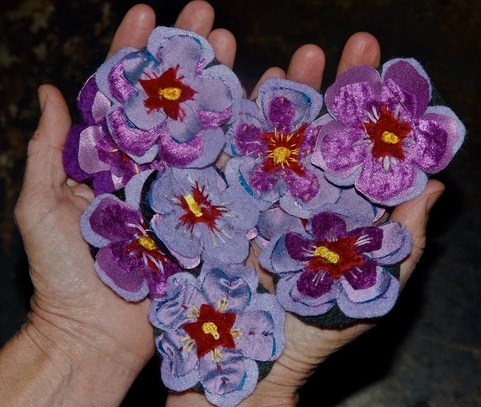Recently it was Reconciliation Week in Australia. And it began with National Sorry Day, the day we recognise the Stolen Generation. But the day, and the week, came and went without mention. It was different to other years. Perhaps everyone was preoccupied with COVID19.
Perhaps.
Not so with ANZAC Day the month before. There was no way we could forget honouring our fallen soldiers. Nor should we. It was wonderful that we had some creative people who came up with the idea of standing at the end of our driveways at dawn with candles, while the last post played on all the radio stations. In fact, I suspect more Australians observed ANZAC Day this year than any other year. Partly because we didn’t have far to go after stumbling out of bed on a winter’s morning, but mostly because this year, in light of what the world has been going through, we’ve come to a better understanding of how blessed we are as a nation and the sacrifices that were made to ensure this blessed life.
But for some reason, it seems it was too much of an effort to acknowledge the pain and trauma caused by taking children away from their rightful place, their families and communities.
I’ll never forget our first National Sorry Day in 1998. I was nursing first baby and my friend was visiting. She asked me if I would be teaching my children about Sorry Day and whether I would say sorry.
I wondered if that was a trick question as I answered Of course! Why wouldn’t I?
Confusion gave way to shock at her response.
Because I’m not responsible!
My friend’s attitude is no different to the attitude of many Aussies.
I’m not Responsible for the Stolen Generation
I recently stumbled upon an old home movie that had been posted on Facebook, and as I was watching it I unexpectedly saw my dad. He’s been gone over 30 years yet the pain and grief in that moment was as palpable as the day he left this life. It left me feeling raw for a couple of days and when I spoke to my close friends about it they were full of understanding and compassion.
It was the same when Max died. We had so many messages of condolences, understanding and shared tears.
The words spoken in those times were powerful. Every word of understanding and encouragement was an acceptance of my grief. Every act of kindness and offer of help was an acknowledgement of my loss.
And with every I’m sorry came the knowledge that I am not alone. Others have got my back. And when others have got your back, that’s when you can start the road to healing.
The thing is, No One was or is responsible for the death of my dog or my father.
Most people would accept this truth and of course most people would offer an honest and heartfelt I’m sorry! , often more than once, when a friend, even a stranger, experiences a tragic loss.
And most people accept that in these circumstances I’m Sorry does not translate to I’m responsible.
However, when it comes to acknowledging the pain of Australia’s First Peoples over the stealing of their children, apparently it’s too hard to say I’m sorry.
And here’s the tragic irony – you may not be responsible for physically taking a child from their rightful home, yet a refusal to offer a heartfelt and empathetic apology, a simple gesture of understanding that would open the door to healing, makes you just as responsible for the continued pain and trauma.
But that’s all in the past right? It’s time to move on.
In other words Get over it.
Healing from Generational Trauma
Too often I hear the argument that it all happened in the past, history all over the world is made up of countries that have been dominated by other countries and they’re fine with that.
Are they really?
Studies have shown that the effects of historical trauma can span at least 6 generations. We noticed this in Scotland and Ireland when we we visited late last year. There is still anger, resentment and pain. Not a day went by where we didn’t hear a story about their history and their dislike for the British Empire. And that was for events which occurred over 300 years ago.
Given that the Aboriginal people were still not free to enter the Perth CBD in my lifetime, my Aboriginal friends who have lived through those experiences have displayed an incredible amount of Resilience. However, we’ve still got a long way to go, which will require many years of acknowledging the trauma, if we are to help future generations heal.
Have you ever been in a position where you’ve been deeply hurt, talked about it with someone, and they’ve acknowledged your hurt? Do you remember how it felt? Did their acknowledgement take the pain away completely or ease it slightly? Was once enough or are there still triggers to your pain long after that moment of Empathy?
When the pain recurs, have you ever spoken with someone about it only to be told Enough already! You’ve been harping on about this for too long. It’s in the past. It’s a new day.
Have you ever shared your experience of trauma with someone only to have them accuse you of over exaggerating your story, or worse, blame you or call you a liar?
If you don’t know how that feels, please, just try and imagine.
If you do know, then please, listen!

Sticks and Stones: My own personal experience with the effects of racial slurs.
Racism: Understanding White Privilege


